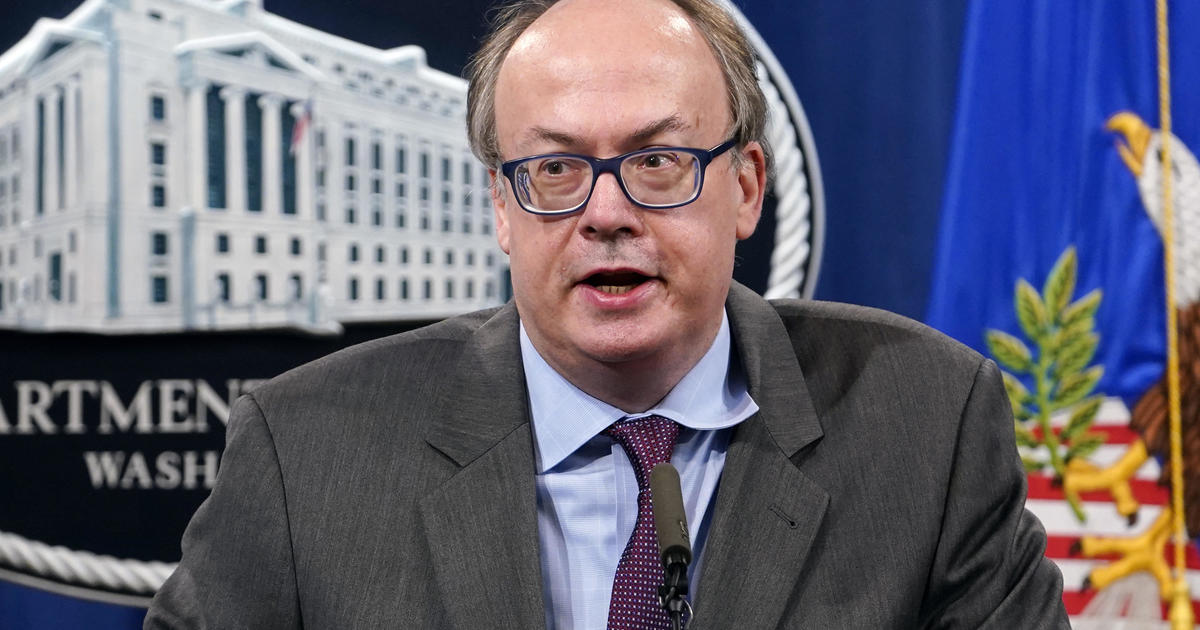Key takeaways:
- Federal judge in Atlanta denied Jeffrey Clark’s motion to move his case related to the 2020 presidential election from state court to federal court.
- Clark is charged with two counts as part of a racketeering case stemming from an alleged effort to subvert the election results.
- The ruling is a setback for Clark and the other defendants, who had hoped to have their cases heard in federal court.
A federal judge in Atlanta has denied a motion by former Justice Department official Jeffrey Clark to move his case related to the 2020 presidential election from state court in Georgia to federal court. Clark is charged with two counts as part of a racketeering case stemming from an alleged effort to subvert the election results.
Clark, who was acting assistant attorney general for the Civil Division at the time, sought to have the DOJ send a letter declaring that fraud had impacted the election result and advising state legislatures to consider sending different electors to Congress. He is the only high-ranking DOJ official to have attempted to enlist the full force of the Justice Department in President Donald Trump’s effort to reverse his loss in the 2020 election.
The judge’s ruling means that Clark will be prosecuted for his efforts in state court in Fulton County. He is one of several defendants in the case, including former Trump campaign attorney Sidney Powell and former Trump adviser Steve Bannon.
The case is part of a larger effort by the Georgia Attorney General’s office to investigate election fraud and other crimes related to the 2020 election. The office has already brought charges against several individuals, including two former state election officials, for their alleged roles in the subversion of the election.
The ruling is a setback for Clark and the other defendants, who had hoped to have their cases heard in federal court. It is unclear how the ruling will affect the other defendants in the case, as they have not yet filed motions to move their cases to federal court.



Be First to Comment